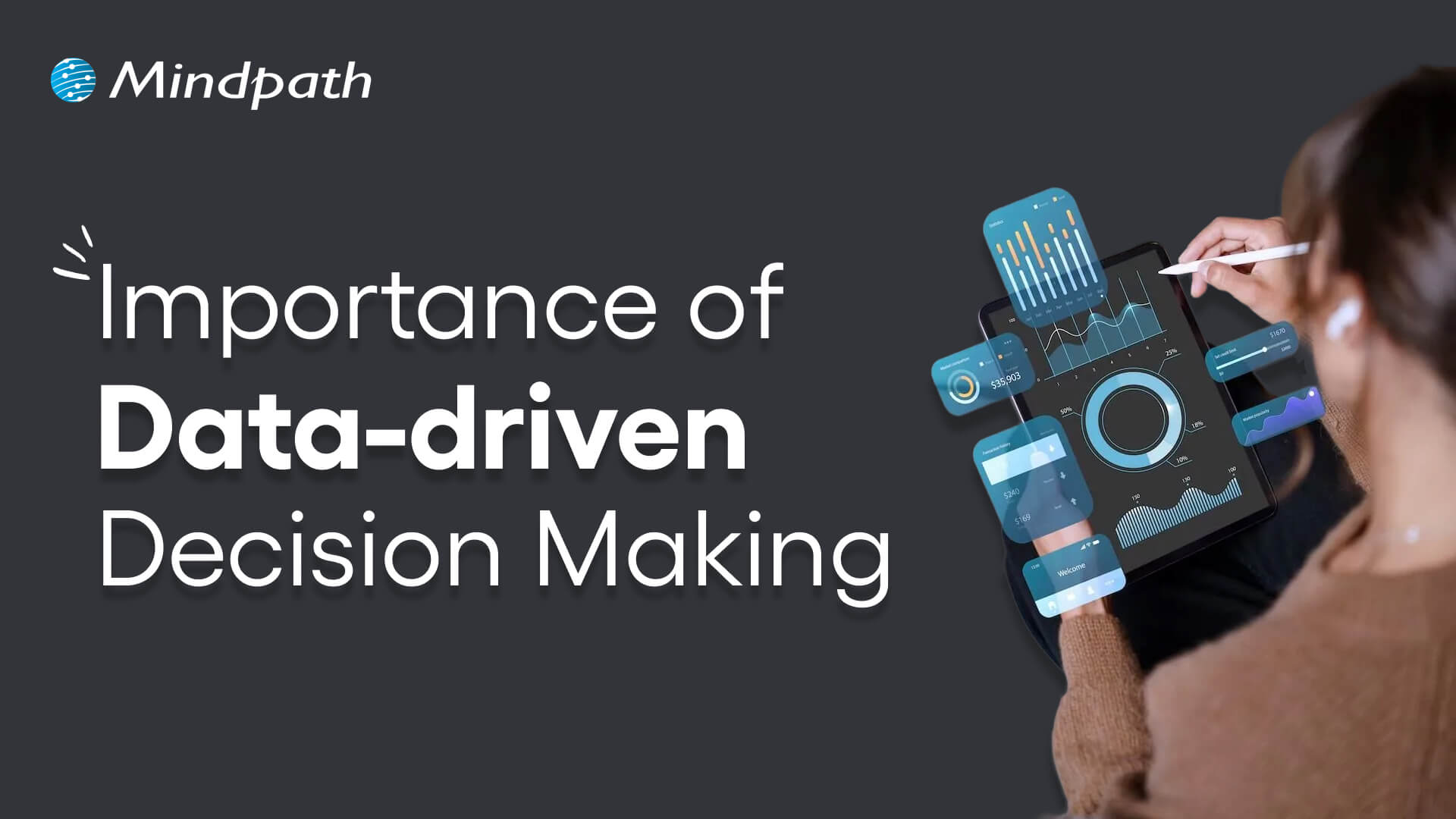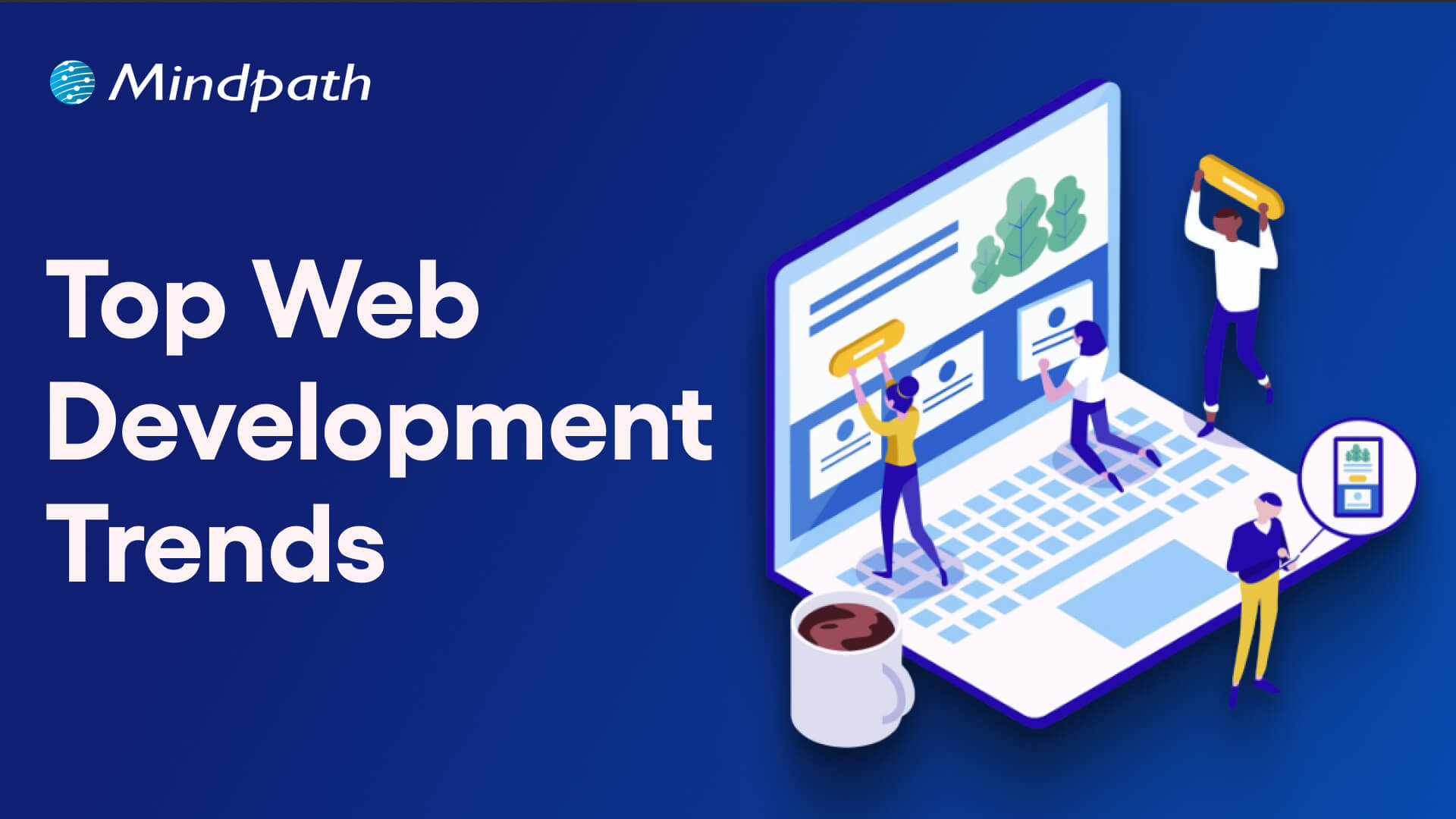1. London’s Talent Market
London is home to many skilled ReactJS developers, however finding them can be difficult due to strong demand. Many firms compete for great personnel, so providing a competitive wage, perks, and career advancement possibilities is essential. Developers want positions that offer stability, learning opportunities, and a nice work atmosphere. To attract the top candidates, make your job offer stand out by offering a competitive salary, flexible work arrangements, and opportunities to advance their talents. Understanding the competitive employment market in London allows you to hire the ideal ReactJS developer for your project.
2. Cost of Hiring in London
Hiring ReactJS developers in London might be expensive due to high demand and living costs. Before hiring, determine whether you require a full-time, contract, or freelance developer based on your budget. Full-time developers offer long-term stability yet pay greater salaries and perks. Short-term projects may be more cost-effective using freelancers or contract developers. Outsourcing to offshore teams can also save money while maintaining quality. Understanding your financial constraints and project requirements will enable you to make the best hiring option without overpaying.
3. Work Model: Remote vs. On-site
Before recruiting, determine if you require remote or on-site ReactJS developers. On-site developers work from your office, facilitating communication and collaboration. They’re great for initiatives that require tight collaboration. Remote developers, on the other hand, provide greater flexibility and cost savings, particularly when recruiting from worldwide talent pools. However, managing remote teams needs effective collaboration tools and clear communication. Choose the appropriate model for your project’s complexity, budget, and working style.
4. Legal and Contractual Factors
When recruiting ReactJS developers in London, you must adhere to UK employment rules concerning contracts, taxes, and work permits (for non-UK developers). Hiring full-time staff necessitates legal agreements that address wages, working hours, and benefits. If you use freelancers or contractors, ensure sure their contracts explicitly state the project scope and payment conditions. Non-UK developers need work permits or visas, therefore follow immigration restrictions. Following legal criteria helps to prevent disagreements and assures a smooth recruiting procedure.












